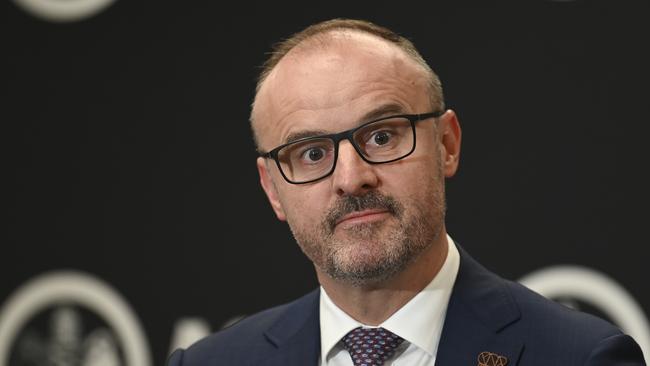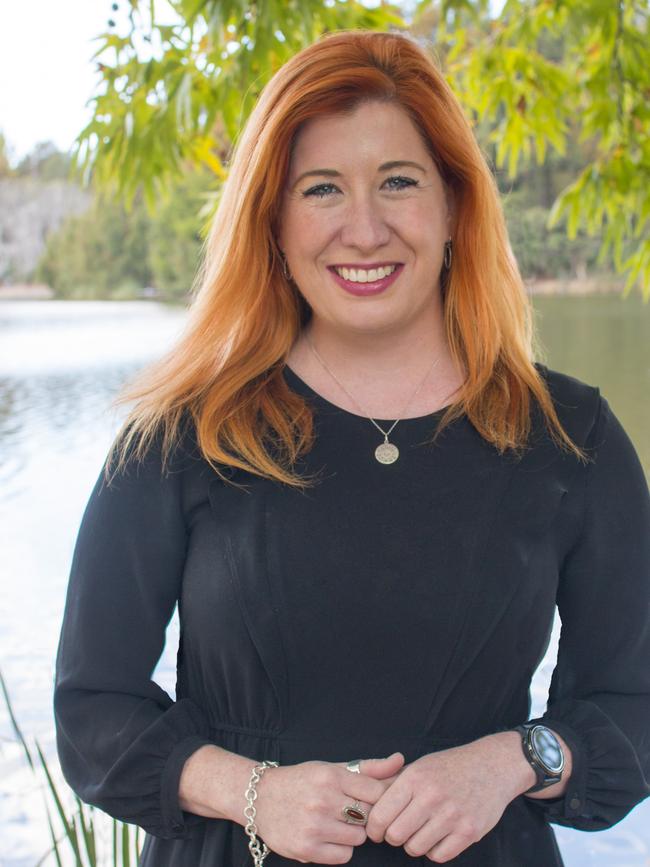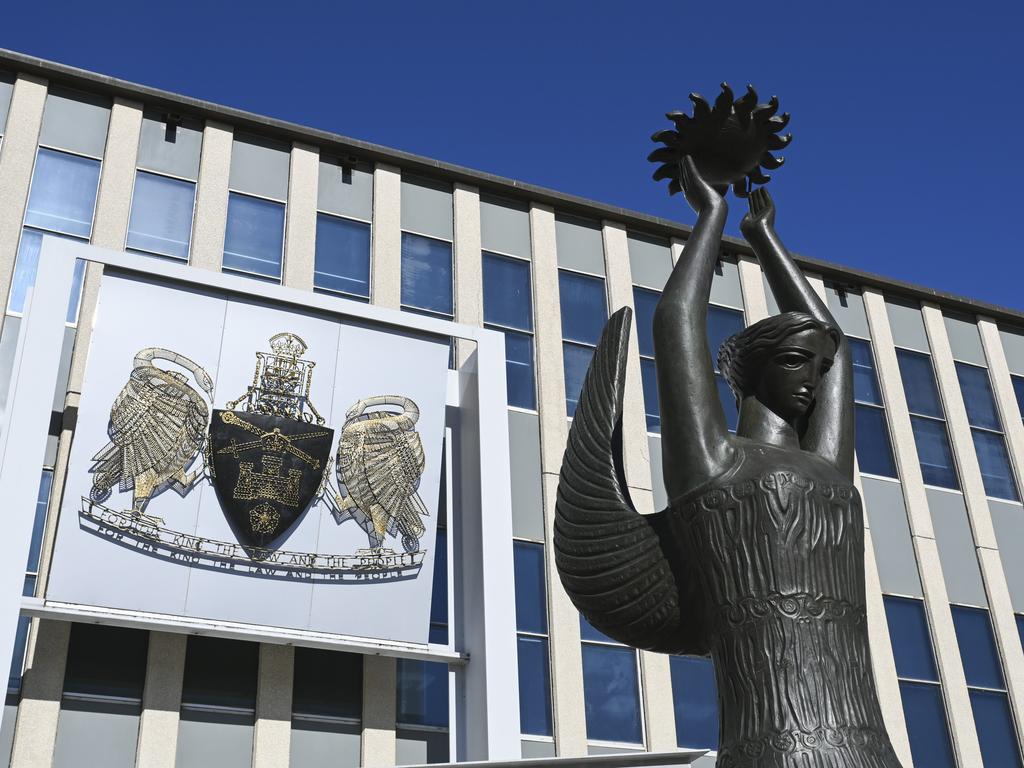‘Let teens access assisted dying’, says ACT Human Rights Commission
The ACT Human Rights Commission has called for teenagers to access voluntary assisted dying, arguing that the age limit infringes on young people’s right to receive health care ‘without discrimination’.

The ACT Human Rights Commission has called for teenagers to be allowed to access voluntary assisted dying, arguing that capping the scheme at the age of 18 infringes on young people's right to receive health care “without discrimination”.
The territory’s Human Rights Commissioner, Penelope Mathew, Children and Young People Commissioner Jodie Griffiths-Cook and Discrimination, Disability, Health and Community Services Commissioner Karen Toohey have argued that terminally ill minors should have the right to “voluntarily end their life with dignity in the same circumstances as adults”.
Anti-euthanasia advocate Brendan Long — a former ACT Labor candidate — said it was “scandalous that an agency funded by ACT taxpayers is advocating for children to be offered assisted suicide”.
“It is well established that only an adult can give informed consent and it gives mixed messages as we seek to fight the epidemic of youth suicide,” he said.
The ACT Labor-Greens government’s voluntary assisted dying framework, which is being examined by a parliamentary committee, will form the foundation of the most liberal scheme in the country if it becomes law. It does not have a requirement for a predicted time of death and includes provisions that allow social workers and counsellors to initiate conversations about euthanasia.
ACT Human Rights Minister Tara Cheyne told The Australian in June she was considering allowing teenagers as young as 14 to access the euthanasia scheme. The controversial push was later abandoned with the promise to review the age limit after three years.
In a submission written on behalf of the three commissioners, the ACT Human Rights Commission said the legislation for the most part contained “appropriate safeguards to provide equal access to VAD” but raised concerns that by excluding teenagers it did not respect the rights of young people to have their views taken into account.
“It is the commission’s view that this extends to decisions for a child or young person to voluntarily end their life with dignity in the same circumstances as adults: namely where they have a condition that is advanced, progressive and expected to cause their death, where they are suffering intolerably, where they are acting voluntarily, and where they have demonstrated maturity and capacity to make such a decision,” the commission said in its submission.
“We recognise that there may need to be additional steps and safeguards for children and young people, particularly where the views of parents and carers differ from the young person or from each other.”

The commission raised concerns the bill did not contain provisions for patients who have suffered a “loss of capacity or an inability to communicate” to lodge a prior voluntary directive requesting access to the VAD scheme, conceding that this was fraught with ethical issues.
“The inability of those facing a painful or prolonged death to determine their own future care once they lose capacity may engage the rights to equality and non-discrimination and the right to privacy, due to the lack of autonomy,” the commission said.
It said it was worried health practitioners were given just two days to lodge all paperwork after assisting with a terminally ill patient’s death.
Advocacy group Exit International’s ACT branch described the exclusion of minors from the euthanasia scheme as “nonsense”, arguing that assisted dying might be the “only way to mitigate their suffering”.
“The bill requires children to suffer when adults need not,” the group’s submission said.
The Australian Nursing and Midwifery Federation ACT branch has warned about the inclusion of 43 strict liability offences for health workers, saying their inclusion was “excessive and may have direct ramifications in respect of accessibility to VAD in the ACT”.
“The ANMF notes the nursing and midwifery workforce … in the ACT continue to grapple with severe staffing issues,” the submission said.
“As such, the ANMF considers it to be not unforeseeable that nursing and midwifery workers (or other healthcare practitioners) could be unable to complete the relevant obligations within two working days, due to circumstances beyond their control.”
An ACT government spokesman said it had been “clear about its position on the bill … in that accessibility for minors will be considered in the statutory review three years from the bill’s commencement”.






To join the conversation, please log in. Don't have an account? Register
Join the conversation, you are commenting as Logout